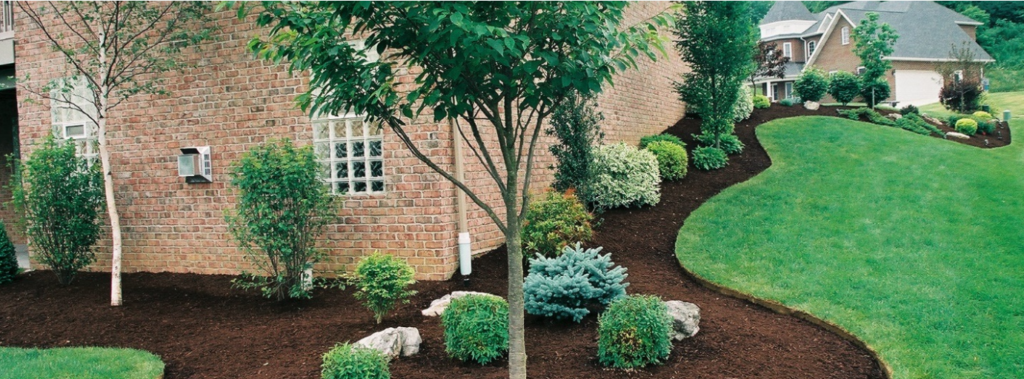

Mulch(bark, coniferous wood chips) is a natural material, ideal for use in landscape design, for mulching, decoration, protection from weeds, preserving moisture in the soil, enriching the soil with mineral elements and humus in the process mulch decomposition.
Experienced plant growers especially prefer natural mulch made from pine bark, as it prevents soil hardening, ensures its saturation with useful substances and protects crops from damage by parasites and diseases.
It is recommended to update the layer of pine bark mulch every 2-3 years. In order for the growth of weeds under the bark to be suppressed as much as possible, the mulch layer should be no thinner than 5-7 cm.
Pine bark mulch is most often used for trees, shrubs and flowers. Examples include apple trees, gooseberries and, of course, raspberries, by which you can quickly notice the result. Pine bark mulch is also suitable for blueberries, blueberries, wild strawberries and garden strawberries.
Pine mulch is especially beneficial for roses. In general, pine bark mulch is suitable for any plants that prefer slightly acidic soils.
It is impossible to mulch garden crops and seedlings, since pine bark contains tannins and makes soil nitrogen inaccessible to plants, which will significantly slow down their development and the yield period will be prolonged.